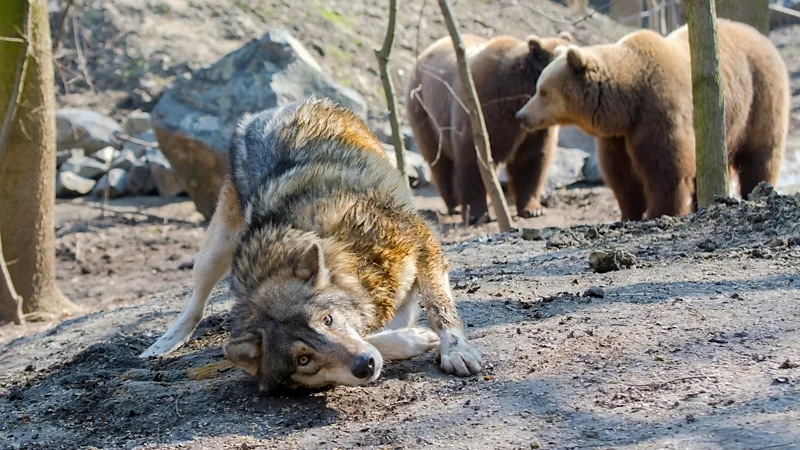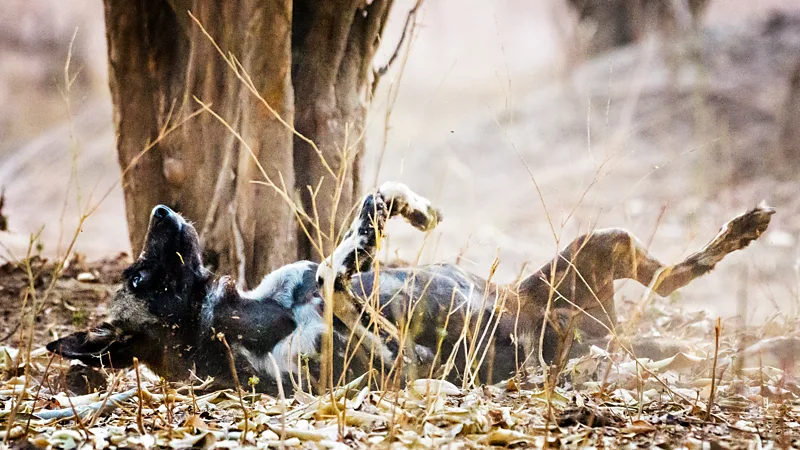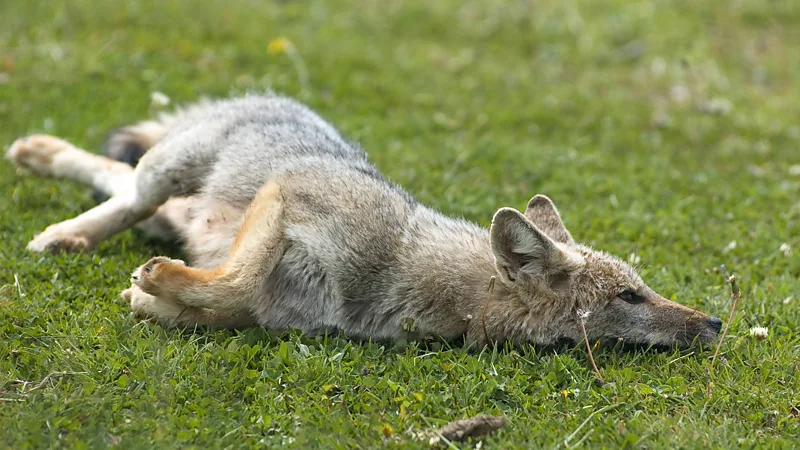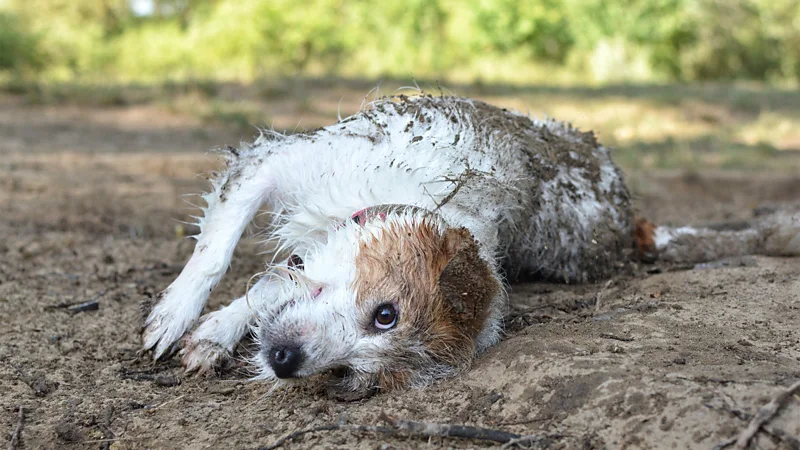If you’ve ever owned a dog, you’ve probably enjoyed watching your furry friend happily roll around in something so dirty it’s too dirty to mention. While this behavior might make us humans cringe and reach for the dog shampoo, it’s actually an interesting topic for scientists and animal behavior experts. So, why do dogs seem so oddly fond of rolling in feces? Let’s look at the possible reasons behind this smelly habit and find out what it reveals about our canine companions.
An ancient instinct?
One theory suggests that rolling in feces is an evolutionary hangover from dogs’ wild ancestors. Before dogs were domesticated, they were hunters who needed to mask their scent in order to sneak up on prey. By rolling in other animals’ feces, wolves and other wild dogs may have been able to mask their scent, making it easier for them to stalk and hunt. Although modern domesticated dogs no longer need to hunt to survive, this tendency may persist, leading them to roll in strong odors as a form of olfactory camouflage.

The social aspect of scent-rolling
Another interesting aspect is the social aspect of scent-rolling. In the wild, canids such as wolves and foxes often roll in scent to communicate with members of their pack. This behavior may help them share information about their surroundings or signal their presence to other pack members. For example, if a wolf rolls in a particularly interesting or strong odor, it may be a way to let the rest of the pack know about it.
At Wolf Park in Indiana, Pat Goodman has observed similar behaviors. Wolves in his care sometimes roll in the scent of other predators, and it seems to have a social component. This may suggest that scent-rolling is a way for dogs to share and communicate about their environment, even though they are now more likely to face domestic situations rather than wild predators.

A form of communication
Recent research supports the idea that scent-rolling may be a form of non-verbal communication. Dogs may use these strong odors to convey messages to other dogs. For example, rolling in scent may be a way for a dog to signal that it has found something interesting or important. It may also serve as a form of social bonding or a way to strengthen relationships within the pack.
Dr. Michael Fox, an animal behaviorist, believes that dogs may roll in foul-smelling substances simply for pleasure, just as humans enjoy applying perfume or cologne. This theory suggests that smells may be stimulating or pleasurable to dogs, even if they are unpleasant to us.
Pleasant sensory experiences
Our dogs have a much more developed sense of smell than we do, and smells that we might find disgusting can be incredibly stimulating or interesting to them. Dogs have about 220 million scent receptors in their noses, while humans only have 5 million. This means that smells that we find overwhelming may be very appealing to them. Rolling in a pungent odor can be akin to sensory overload, providing a flood of pleasurable stimuli.
Camouflage for protection
A more recent theory proposed by ecologist Max Allen suggests that scent-rolling may help smaller canids avoid larger predators. By inhaling the scent of a more formidable predator, small animals like the gray fox may use this behavior as a defensive strategy. The scent of a larger predator may deter other predators from attacking or challenging them. This idea adds another layer to the possible reasons behind this behavior, combining evolutionary instinct with contemporary survival strategies.

Dogs and Their Own Scent
Interestingly, not all scent-rolling behaviors are about other animals. Dogs also roll in their own scent, often as a way to mark their territory or simply strengthen their scent. By covering themselves in familiar odors, dogs can strengthen their scent profile, which may be a way to reinforce their presence and identity within their environment.
The Role of Training and Environment
In some cases, a dog’s tendency to roll in unpleasant substances may be influenced by its environment and training. For example, if a dog is frequently exposed to certain odors during walks or play, it may be more likely to engage in scent-rolling behavior. Additionally, dogs who are encouraged to explore and engage with what is around them may be more prone to rolling in interesting odors as part of their exploration.
Understanding and managing the behavior
While this behavior can be frustrating for dog owners, understanding its possible causes can help manage it. Providing your dog with plenty of mental and physical stimulation, including interactive toys and regular exercise, can help reduce the frequency of scent-rolling. Training your dog to respond to commands and focus their attention can help reduce the frequency of scent-rolling.
